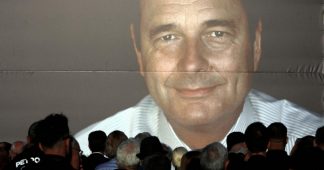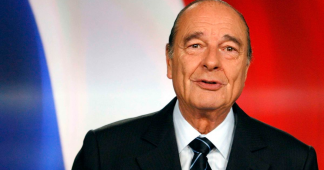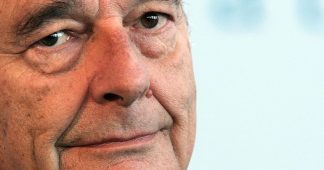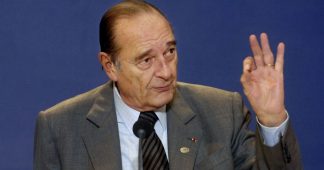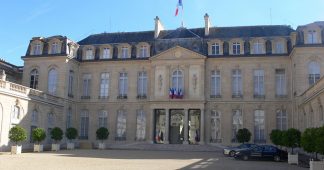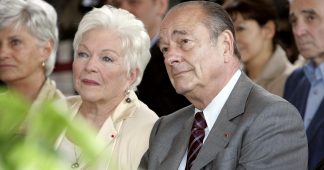By Dimitris Konstantakopoulos
30/9/2019
Even if he had not accomplished anything else, Jacques Chirac will be remembered for three of his policies which bear a historic and global significance. First, he opposed the Iraq war and the subsequent threats to Iran, expressing also his support for a “multipolar”, more democratic world order. Second, he provided French citizens with the possibility to have their say by referendum about the European Constitutional Treaty, in reality the neoliberal regime imposed upon all Europe after the Maastricht Treaty. Third, he was one of the first leaders worldwide who recognized the enormity of the threat man-made climate change projects not only to human civilization but to the very survival of humans and superior forms of life on our planet. Adressing a historic speech to the Earth Summit of Johannesburg in 2003, he launched the then historic phrase:
“Our house is burning down and we’re blind to it!” ( Notre maison brûle et nous regardons ailleurs)
In a way he was the last “real” politician occupying the post of the President of the Republique Francaise… he was certainly not the “last Gaullist,” as Gaullism had died out with the General himself– not to mention that the historical era in which Chirac exercised his presidential duties was very different from the one in which De Gaulle was operating.
Still, there was a clear and strong influence of Gaullist traditions especially in Chirac’s foreign policy. De Gaulle of course incarnated more than a vision of an independent France; he also incarnated the social-democratic social contract reflected in the economic program of the Conseil National de la Resistance, a result of a compromise by which the communists among the French Resistance in WW2 implicitly gave up their potential claims to power and building socialism in return for social concessions. De Gaulle himself, influenced by Jaures in his youth, was a partisan of a “third way” between Capitalism and Socialism, of an “alliance” between Capital and Work and of “worker participation” in running enterprises… ideas first expressed by the French “Utopian Socialists.” After defeating the students’ and workers’ Revolution in 1968, De Gaulle set out against the most reactionary part of his own camp in order to open the way for worker and popular participation. However, without disposing of the support of the Left and the Trade Unions, he was defeated by a French bourgeoisie who were terrified by his ideas (the same French bourgeoisie whose majority had supported Petain and the Vichy regime back in the ‘40s against the General). The fact that he imposed an arms embargo to Israel after its attack in Beirut contributed significantly to his defeat.
Not many of his views have survived in the era of the triumph of post-Soviet and post-Maastricht European (and global) neoliberalism. Still, Chirac was paying at least lip service to the Gaullist social vision by proclaiming his desire to struggle against la fracture sociale. His successors all claimed their ultimate goal was to permanently eliminate the “French exception.”
Read more at https://uwidata.com/5528-jacques-chirac-the-last-french-president/
